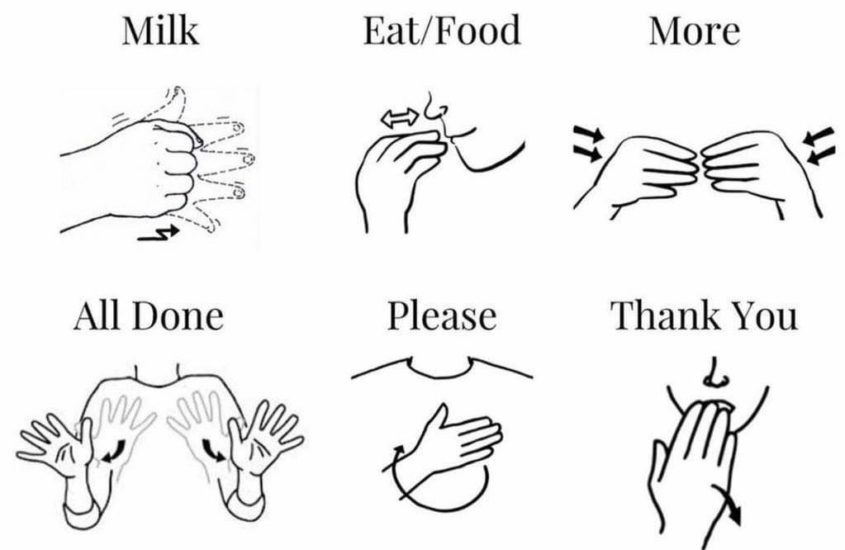Facilitate the Conversation

A common myth about people with autism is that they prefer to be alone. I have seen firsthand from my own children on the spectrum that this is just not true. Yes, just like everyone else there may be times that they prefer to be by themselves or doing something on their own, but often they also crave social interaction. I’ve sat back and watched as my boys actively try to open the door and start a conversation with another person. But often times, if the person they are trying to interact with does not understand the phrases that they are saying or isn’t “speaking their language” per se, then the interaction can drop off before it really even begins. How do you make friends without being able to communicate with others? How do you thrive independently if you can’t start a conversation with someone else? Being able to start and somewhat maintain a conversation is a very important life skill. So, what can we as parents do to help facilitate these conversations?
- Step in and help or model.
Hopefully this suggestion with eventually just be a building block for your child to learn how to start the conversation themselves. It is not always ideal, especially in older children to have to step in as a parent and help them or help teach them how to get the conversation started, but I assure you it is better than the alternative of the conversation not getting off the ground at all. Do this whenever you can early on! Help teach them how to start and hopefully they will eventually be able to initiate these conversations on their own. And if the desired target to start a conversation with is another child that you plan on seeing more than once, don’t be afraid to help explain to that other child about how your child may say or do things a little differently. Helping the other kids understand and learn about your child can help keep them from making assumptions or checking out of the conversation too early as well.
- Tell the school to promote interactions.
School is one of the main places that you children will have a chance to interact with peers and other trusted adults, so just because you can’t be there to help facilitate the interactions yourself, don’t be afraid to tell the school that you want this worked on. It is so common for schools to add in basics of speech therapy, but don’t let them just stop there. Tell them you want your child’s aid, or therapists, or teachers to help your child interact with others. Maybe it is having someone model how to go through and order food in the lunch line. Maybe it is someone stepping in on recess and making arrangements with peers to help include your child, so they don’t just spend the whole time off playing by themselves. Whatever the case, don’t be afraid to ask the school to help make this a priority for your child!
- Practice, Practice, Practice
Like anything else, this goal may likely take some time to achieve. But the more you facilitate the interaction and work on modeling these conversations for your child, the better they will do. Try at the park, try at the school, try it with your doctors, teachers, cashiers at the supermarket, whoever you can find. Social stories or videos of others interacting is another good way to practice at home too.
It may seem a bit unconventional, maybe even a bit like helicopter parenting in the beginning, but by helping to facilitate the conversation and teaching your child to converse with others, you are giving them the opportunity to someday be more independent. Maybe even the opportunity to someday have real friends and real relationships with others outside of your family. Your child probably has a lot they would like to say, sometimes they just need some help learning how to say it.




